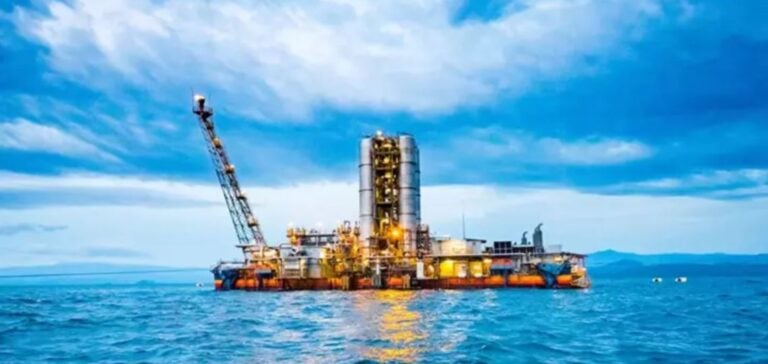Côte d’Ivoire is achieving promising results in the hydrocarbons sector. Operations at the Baleine field, discovered in 2021 and operated by the Italian giant ENI in partnership with Petroci, have exceeded initial forecasts.
The first phase of production was launched in August 2023. The second phase, which started on December 28, 2024, is on schedule and has significantly increased extraction volumes. According to government spokesperson Amadou Coulibaly, the estimates made during the discovery of the field have been greatly surpassed.
Significant Volume Growth
For oil, phase 2 is producing between 50,000 and 60,000 barrels per day, compared to an initial estimate of 35,000 barrels. Combining the two phases, daily production reaches between 75,000 and 85,000 barrels. Natural gas production has also seen a notable increase, reaching 50 to 60 million cubic feet per day, far exceeding the initial forecast of 40 million cubic feet.
A Promising Future for the Sector
Côte d’Ivoire is relying on these projects to boost its energy industry. A decision is expected by the end of 2025 regarding a potential third development phase at the Baleine field. Moreover, with the recent discovery of the Calao field, the country aims to achieve national production of 200,000 barrels of oil per day and 450 million cubic feet of gas by 2028.
Although these figures remain below the levels of African leaders such as Nigeria and Libya, Côte d’Ivoire sees this growth as a strategic opportunity for economic development. The sector could become a key driver for sustained and durable growth.






















